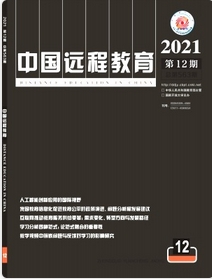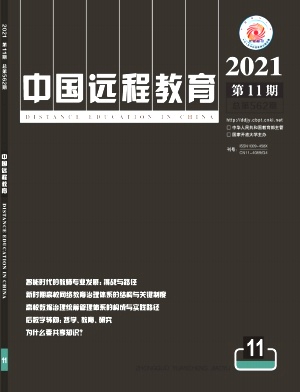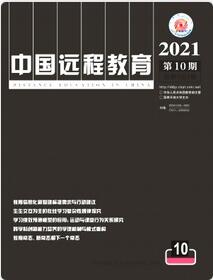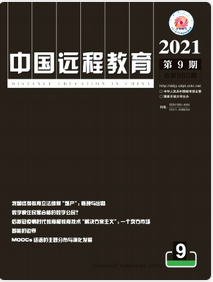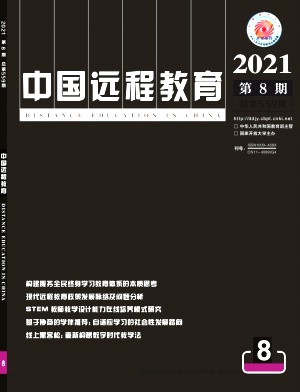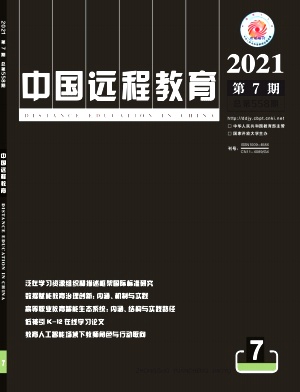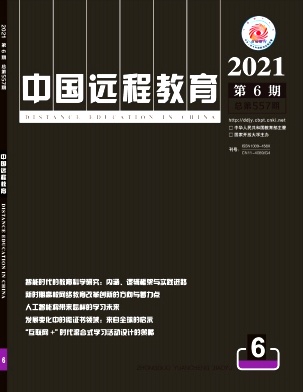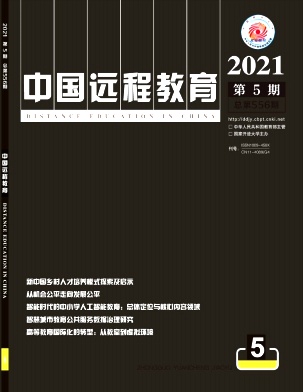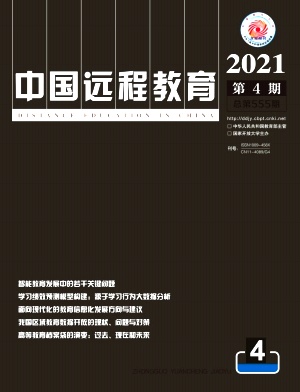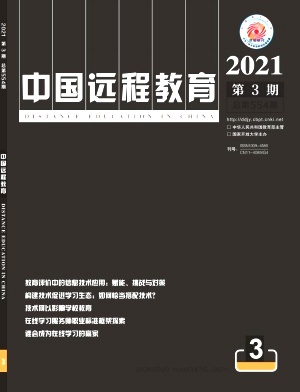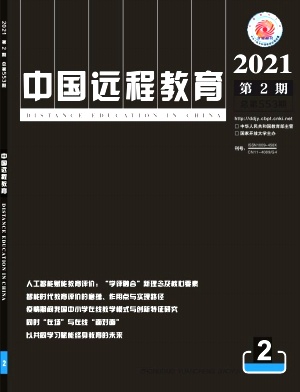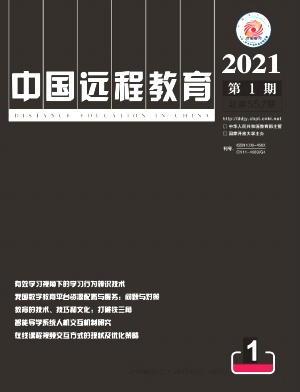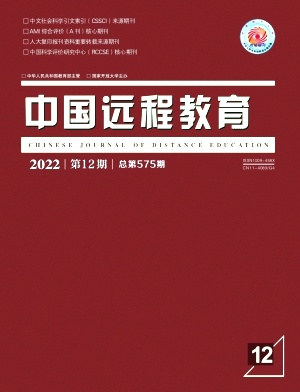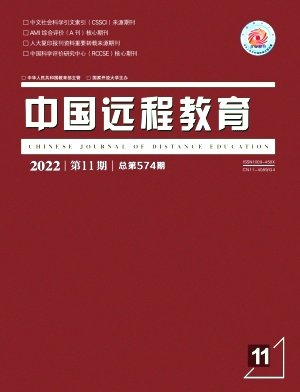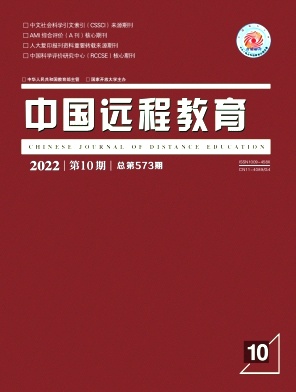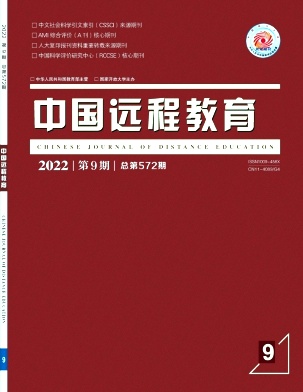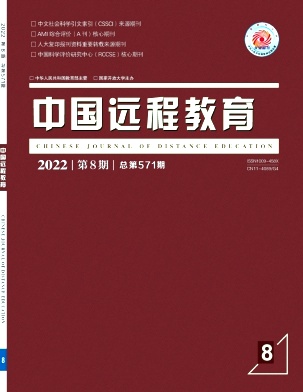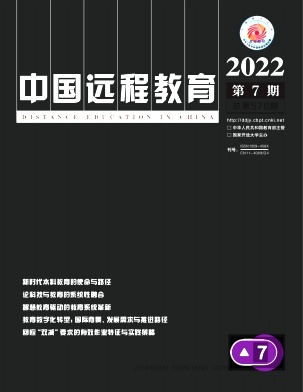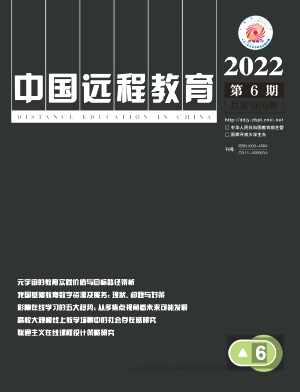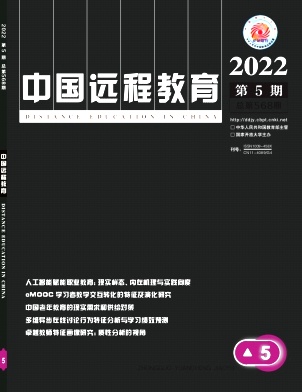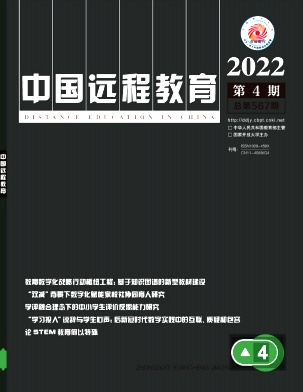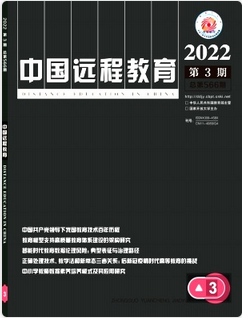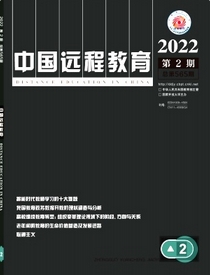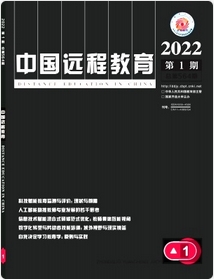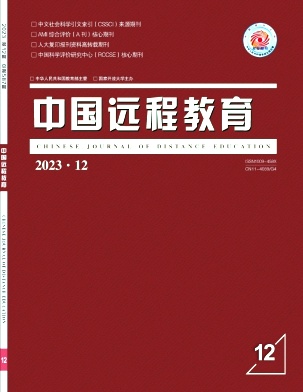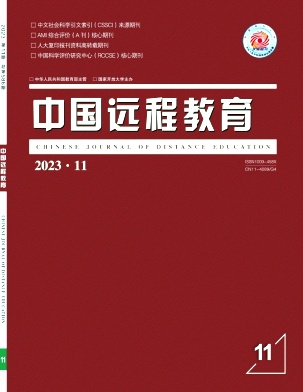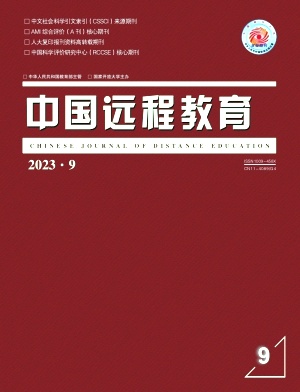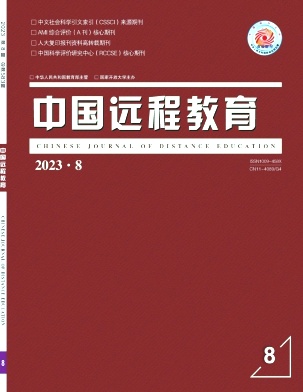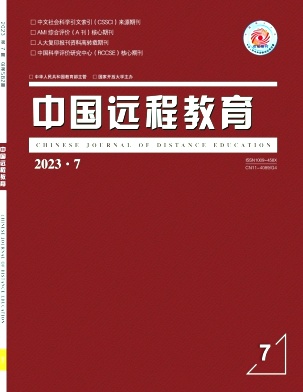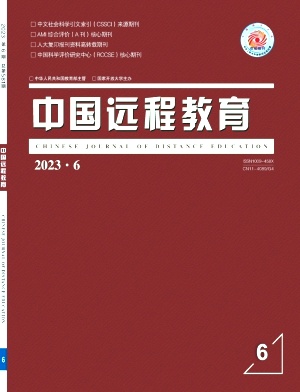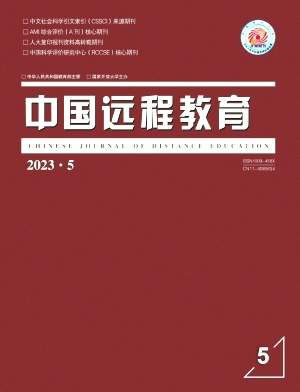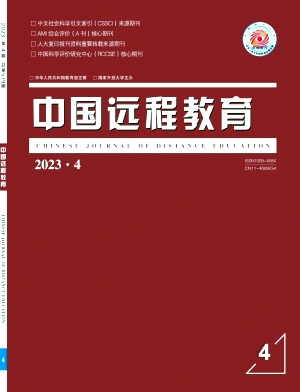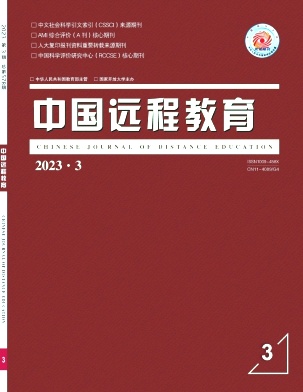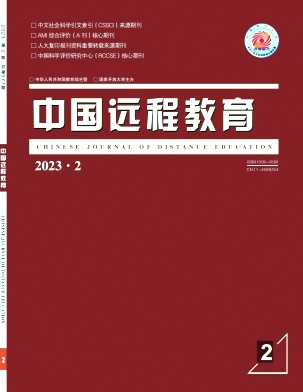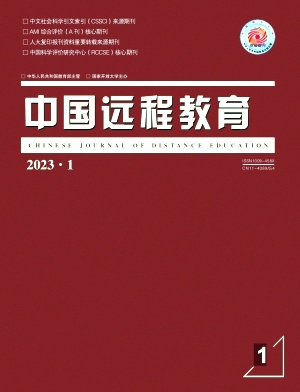Contents
- Key issues concerning the development of intelligent education
- Towards a prediction model of learning performance: informed by learning behavior big data analytics
- Towards education digitalization for modernization: policy implications from Chinese Education
Modernization 2035 - Educational data availability on Chinese local government platforms: status quo, problems and
solutions - The evolution of portfolio in higher education: past, present and future
- Effects of virtual reality on learning outcomes in collaborative learning: a meta-analysis of empirical
studies retrieved from major English databases - An empirical study on lifelong learning for the disabled
- Abstracts
Contents
- Information technology in educational assessment: empowerment, challenges and solutions
- Towards an occupational skills framework for online learning facilitator
- Technology enhanced learning: getting the technology mix right
- Who can succeed in online learning:a study of K12 students’online self-regulated learning
ability and its impact - From media to subject: essence of teaching interaction
- How does technology shape schooling: from the perspective of Pierre Bourdieu’s sociology of practice
- IT-enhanced learning for the Third Age: how does it evolve to cater for changing needs?
- How do senior Hong Kong citizens integrate into the digital world: an active aging perspective
- Abstracts
Contents
- AI-enabled educational assessment: an integrated approach to assessment of, for and as learning
- Educational assessment in the intelligent era: implication, role and pathway
- Online teaching and innovation of Chinese elementary and middle schools during COVID-19: an
interactive teaching perspective - Synchronous“presence”and online“face to face”: a review of 26 papers on overseas online
synchronous video teaching - An empirical study on the evaluation of learning behavioral engagement in live classes: the
case of small English live classes for children on ClassIn - Elements of open education: an invitation to future research
- The future of lifelong education empowered by learning together: a summary of the
7th Shanghai Forum on Lifelong Education - Focus and trends of seamless learning: academic highlights from 18th mLearn conference
- Abstracts
Contents
- Learning behavior recognition technology from the perspective of effective learning
- The impact of virtual experiment on learning outcome: a meta-analysis of 30 experiments and
quasi-experiments - Towards better resource allocation and service by China’s digital education platforms
- Open university academics’professional development:problems and solutions
- Technology, technique, and culture in educational systems: breaking the iron triangle
- Human-machine interaction of intelligent tutoring system
- Modes of interaction in online course videos and optimization strategy
- A visual analysis of hot topics in community education literature in China
- Abstracts
- Policy changes in education for the elderly: influencing factors, path dependence and value orientation
- Targeted poverty alleviation through distance education: evaluating beneficiaries’ perceived gains
- An inquiry of adult students’learning effectiveness in terms of learning motivation and barriers
- Self-regulated learning and learning analytics in online learning environments: a review of
empirical research - Critical Questions for Open Educational Practices: reviewing the special themed issue of Distance
Education (41/2, 2020) - On natural technology and its theoretical value of educational technology
- Lifelong education: big data application model and service platform construction
- Relationship between teachers and administrative staff in open education: a structuralist perspective
- An analysis of the utility relationships between the instructional characteristics and the value subjects’
needs of online open courses in universities - Contents of Distance Education in China in 2020
- Abstracts
- Contents
